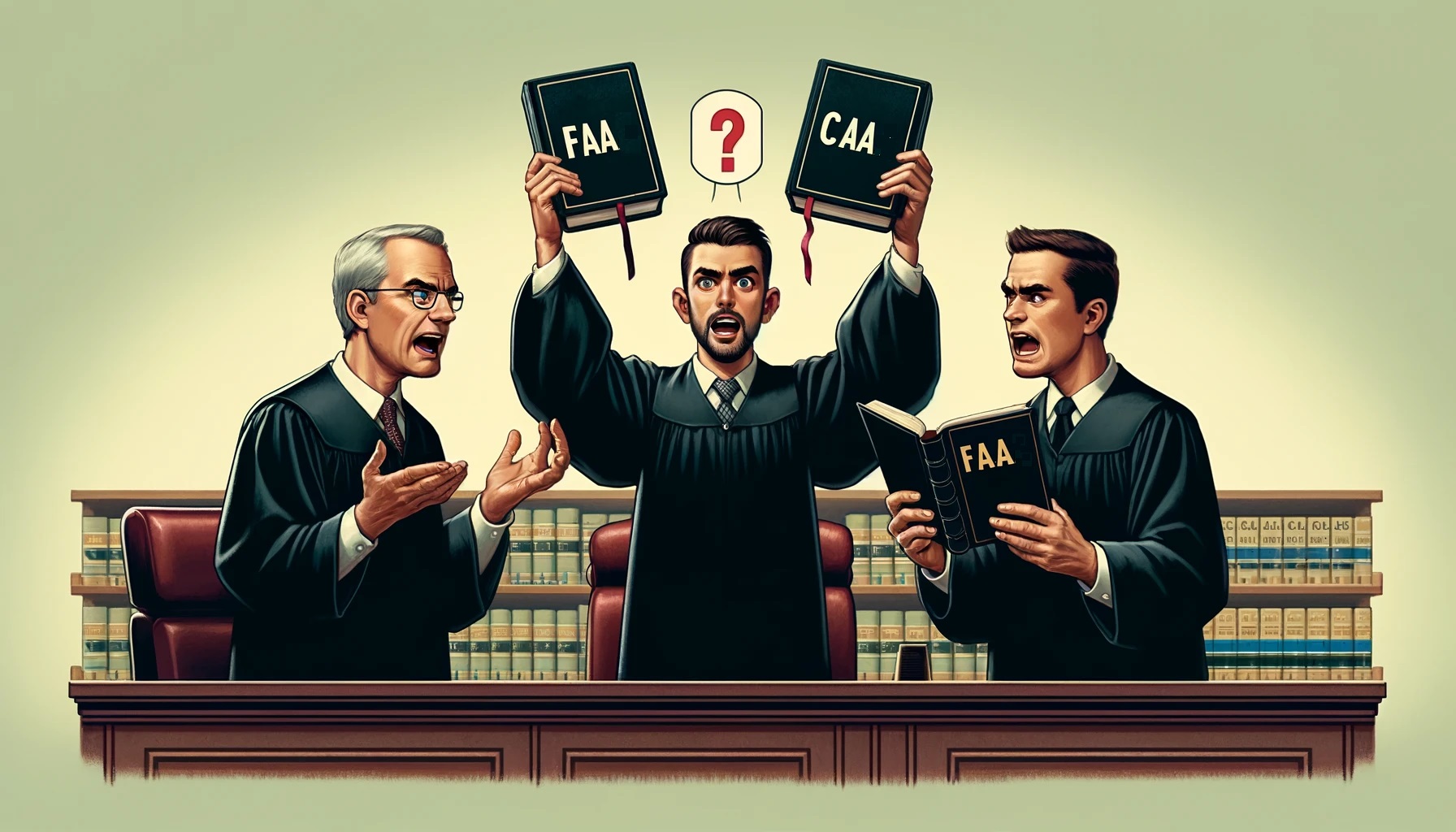
CEB has published my article, “Late payment does not defeat arbitration because that CAA rule is preempted by FAA—but Justice Baker dissents.” The article is about the split opinion in Hernandez v. Sohnen Enters. (D2d5 May 22, 2024 No. B323303) [cert. for pub.], that Justice Baker says in dissent “rather obviously invites a grant of review.” The majority held that, unless parties expressly invoke the California Arbitration Act, the Federal Arbitration Act preempts the CAA rule that deems any late fees to be a waiver of arbitration.
The majority explains that the FAA was enacted to guarantee an “equal-treatment” principle so that agreements to arbitrate enjoy no “special status” but rather are “as enforceable as other contracts.” But the CAA, and specifically Code of Civil Procedure section 1281.97, creates a special waiver doctrine that applies only to arbitration agreements. Under section 1281.97, when an employer fails to pay arbitration fees within 30 days, the statute deems the employer to have materially breached and thus waived its contractual right to arbitration.
Here, the employer’s six-day delay in paying its JAMS fees could not be deemed a waiver of its right to arbitrate.
Dissenting, Justice Baker says that the Legislature can impose a “time is of the essence” policy upon obligations to timely pay arbitration fees, which means that any delay is a material breach. And Justice Baker says, correctly, that “The majority also appears to hint that the Legislature has somehow impermissibly invaded a judicial function to determine what constitutes "minor" or "inadvertent" delay.” Justice Baker says he is not aware of any authority suggesting such a limitation.
And the absence of authority on this point does indeed make this case ripe for review. (The Supreme Court subsequently did grant review on the same issue in Hohenshelt v. Superior Court (review granted 6/12/24).)
In the article, I offer further comments on how that novel question might be analyzed.
The original article is here.